
Coffee-growing counties start mainstreaming climate smart agriculture in Kenya
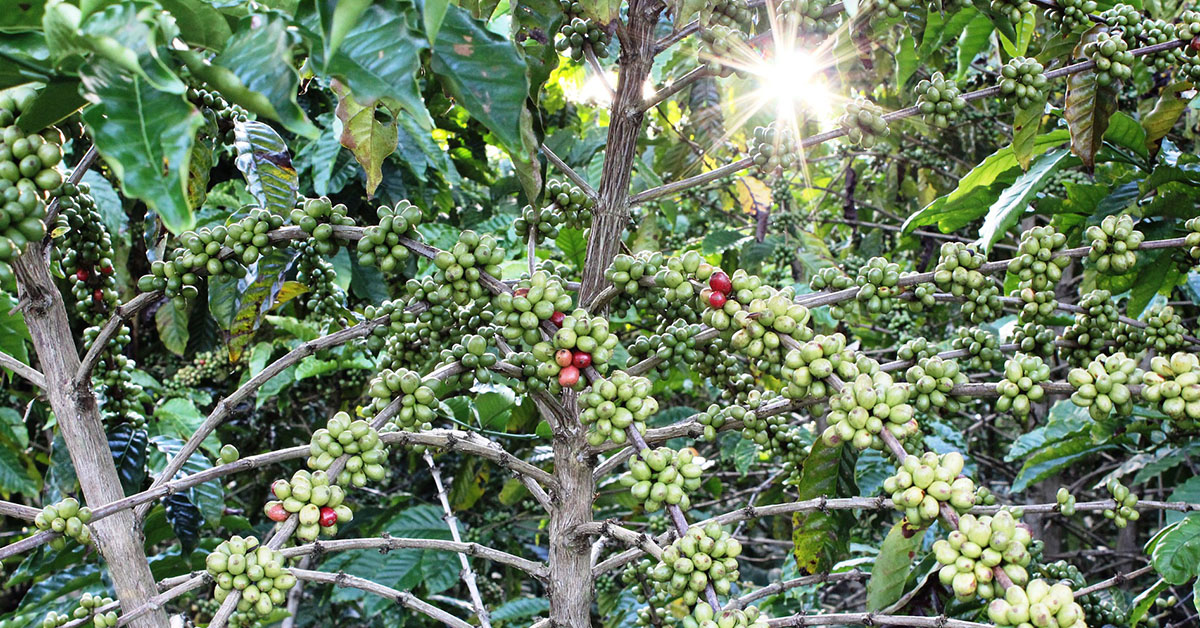
By Chebet Caroline
Five coffee growing counties in Kenya have started mainstreaming climate-smart agriculture in a move to enhance adaptation and boost production of the crop amidst changing weather patterns in the region.
Through an initiative which was piloted in 2018 by Nature Kenya and Rainforest Alliance, the five coffee growing counties were selected to pilot climate smart agriculture targeting the coffee sector following dwindling yields as a result. The five counties include Meru, Embu, Kirinyaga, Nyeri and Murang’a.
“We realised farmers had challenges and production was going down. We teamed up with Rainforest Alliance to mainstream climate smart agriculture in these counties to increase resilience and enhance adaptation,” Nature Kenya director Dr Paul Matiku said.
He said mainstreaming program is meant to customize some of the strategies applied in climate-smart farming to suit the needs in the coffee sector while ensuring that farming practices adapt and mitigate to meet the prevailing changing climatic conditions while improving productivity.
The Counties, according to Mary Nzomo, the chair of Kenya’s Agriculture County Executive Committee, have been faced with adverse effects of climate change resulting in reduced production.
“Agriculture sector is vulnerable to climate change and this has really affected the coffee industry where production has been dwindling in coffee growing areas. This has also resulted in increasing pests and diseases while farmers continue to count losses as a result,” Nzomo said.
She added that the initiative piloted in the five counties helped farmers adopt to the changing climates while helping farmers learn on interventions.
East Africa Rainforest Alliance director Mr Julius Ng’ang’a said there was need for more support to farmers to address the challenges in the sector to adapt to changes.
“Farmers alone cannot address the challenges and that is why we teamed up to help counties mainstream the climate smart agriculture,” Mr Ng’ang’a said.
Director Climate Change Dr Pasifica Ogolla said mainstreaming
“It is clear that Counties have taken policies and roadmaps towards mainstreaming climate smart agriculture in coffee farming. It is also critical to expand such initiatives to other fields so as to cushion farmers from making huge losses as a result,” Dr Pacifica said.
Nyeri County Executive for Agriculture James Muturi said farmers have been hardest hit by climate change which has affected production. Unlike previous years when it was easier to predict weather, he said the changing phenomenon has seen farmers incurring losses.
“Farmers can no longer tell weather so they can plan activities for the entire year. It is not easy to tell flowering season because of heavy rains,” he said.
However, besides developing a directorate for mainstreaming climate change, he said Nyeri County has also started an initiative of helping farmers test soil so as to tell suitable fertilizer to use on their farms.
Embu County executive for Agriculture Jamleck Muturi said mainstreaming climate change initiative came at the right time when farmers were expiring the impacts including increasing coffee diseases and pests and dwindling production.
“Climate change is no longer foreign. Farmers are already feeling it and it is affecting the flowering and fruiting patterns in coffee plants. There has also been increased pests like stem borers which were not very common before and these changes have impacted on livelihoods,” he added.
Dr Muturi however added that there was need to invest in more research mitigation and adoption.
Muranga County executive for agriculture Albert Mwaniki says mainstreaming climate smart agriculture has seen the formation of a coffee directorate in the county where several interventions has been put in place.
In the pilot programme, 125 extension officers and 1250 small holder farmers from the five counties have since been trained.

















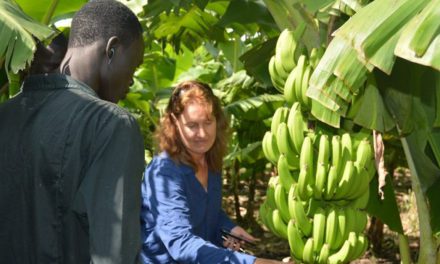
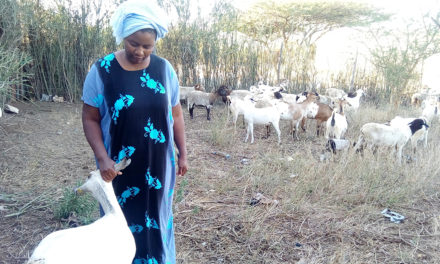
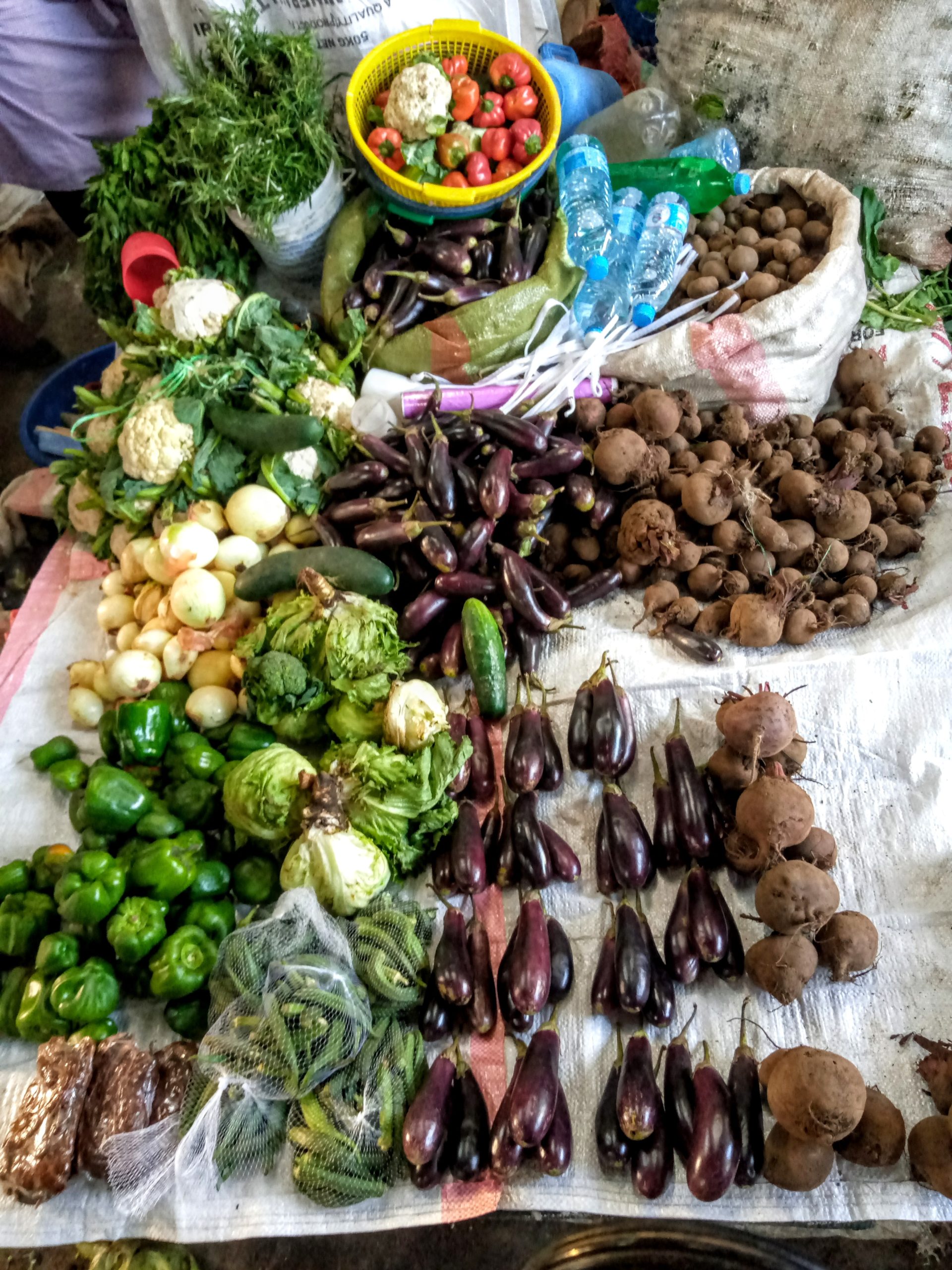
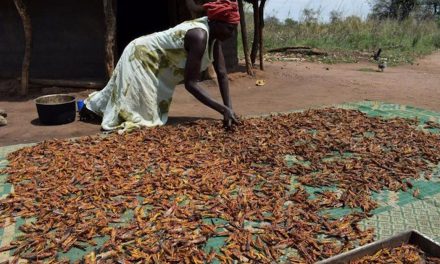
Recent Comments